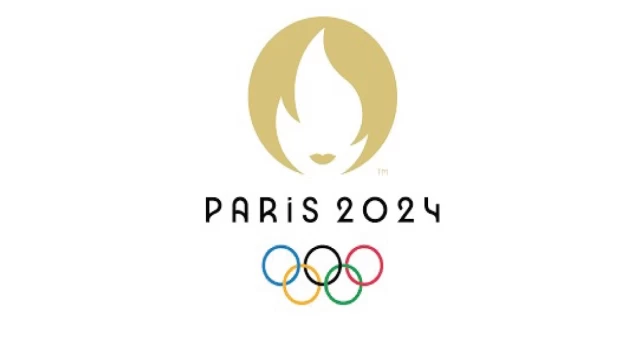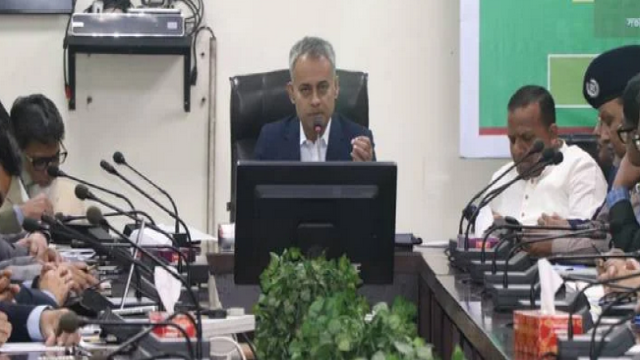The upcoming Paris Olympics are striving to set a new standard for sustainability in global sports events, contrasting with the lavish FIFA World Cup in Qatar in 2022. Georgina Grenon, director of environmental excellence for the organizing committee, emphasizes the aim to demonstrate a more environmentally conscious approach. They target a significant reduction in carbon emissions compared to previous Olympics, with a focus on minimizing the impact of construction and international travel, factors crucial for achieving their sustainability goals.
To achieve sustainability targets, Paris 2024 aims to utilize existing or temporary venues for the majority of sports events, minimizing the need for new stadium construction. Innovative measures include the use of low-carbon materials in construction projects and transitioning sports venues to renewable energy sources, reducing reliance on diesel generators. Additionally, initiatives such as installing drink fountains to reduce plastic bottle usage and promoting vegetarian meals at sports venues contribute to the eco-friendly agenda.
Despite efforts to reduce carbon emissions, challenges remain, particularly regarding carbon offsetting. While Paris 2024 initially aimed for a "carbon-positive" status, budget constraints led to a revised goal of carbon neutrality. The effectiveness of offsetting projects is scrutinized, but organizers assure that selected projects undergo rigorous evaluation for credibility and environmental impact.
Critics of large-scale sporting events question their ecological footprint versus social benefits. However, Grenon defends the Olympics' unique role in promoting global unity and peace. Emphasizing a commitment to understanding and mitigating environmental impacts, Paris 2024 strives to lead by example in fostering sustainability in sports, guided by a dedication to reducing their ecological footprint while celebrating the spirit of competition.































Comment: